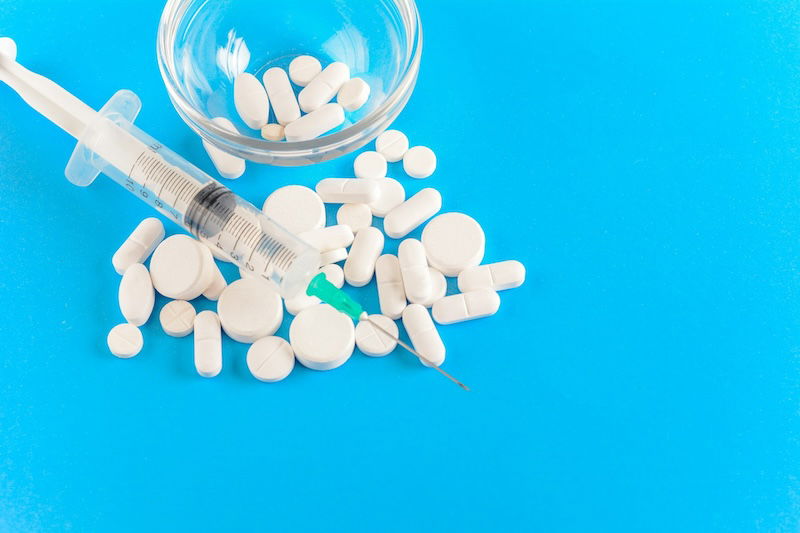Scientists have found a way to make antibacterial silver nanoparticles, with goji berries.
They say their method, published in AIP Advances, is a simple and more sustainable way to make the useful materials.
Silver-based particles on the scale of nanometres – or silver nanoparticles – are used in medicines, cosmetics and the food industry, and are the subject of a lot of excitement from nanotechnologists. They have properties that make them easy to manipulate and work with in nanotechnology research, and they also have high antibacterial activity.
“Silver nanoparticles are responsible for disrupting the cell membrane structure, which can generate reactive oxygen species used for inhibiting bacterial growth,” says lead author Kamran Alam, from Sapienza University of Rome, Italy.
Researchers have been hunting for ways to make silver nanoparticles more easily, safely, and sustainably. Alam and colleagues found that store-bought goji berries did the trick.
“Goji berries are easily and locally available in the botanic garden and are rich in bioactive compounds that have natural reducing and stabilising agents, eliminating the need for additional capping agents during processing,” says Alam.
The team dried goji berries, then ground them up and filtered them to get an extract filled with the reducing and stabilising agents needed to make silver nanoparticles.
They added silver nitrate to the extract, which reacted with the goji berry solution and produced silver nanoparticles.
“This is a simple and straightforward synthesis method which does not need additional chemicals or complex equipment and can be scaled up for industrial applications,” says Alam.
The team showed that their nanoparticles could work against Staphylococcus aureus bacteria.
Next, they’re planning to see precisely how well the goji berry nanoparticles work against bacteria, and assess their biocompatibility.








Leave a Comment